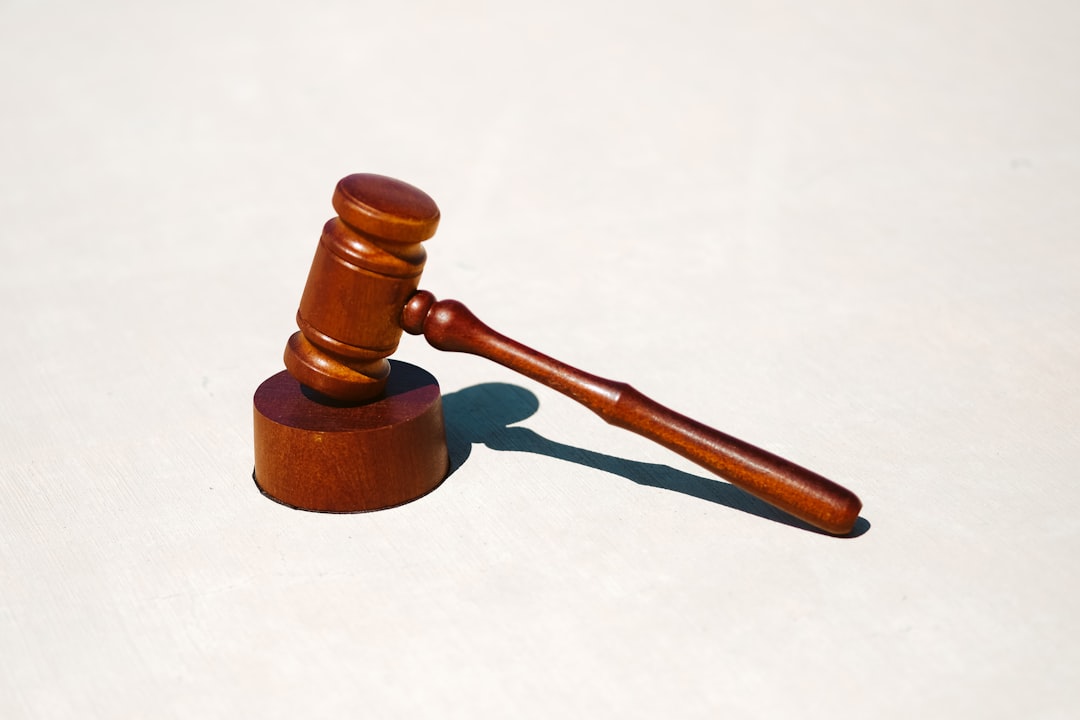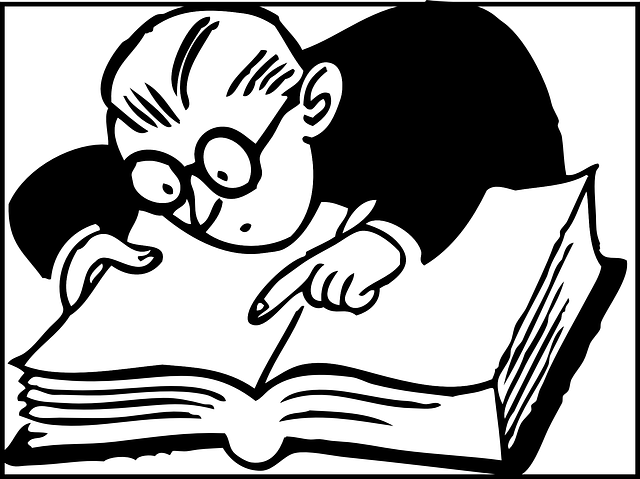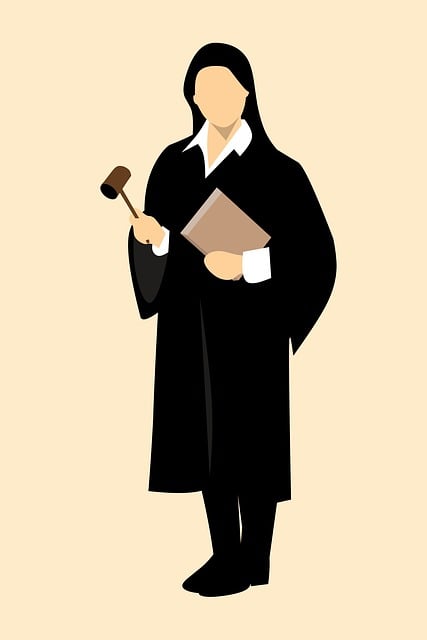Sexual abuse in Pittsburgh daycares is addressed through strict laws, specialized sexual abuse law firms Pittsburgh PA, and a collaborative network including DHS and local authorities. Daycares implement robust safety measures, background checks, and educational programs to protect children. Reporting protocols and open communication with sexual abuse law firms Pittsburgh PA empower parents and ensure accountability for daycare institutions.
In Pittsburgh, Pennsylvania, understanding and addressing sexual abuse within daycares is paramount for child safety. This comprehensive guide explores the multifaceted approach to holding daycares accountable. We delve into the legal frameworks, including sexual abuse law, that empower authorities to investigate and prosecute offenses. Reporting processes, the crucial roles of Child Protection Services and law enforcement, and preventive strategies are also covered. For parents seeking justice, this article offers insights, emphasizing the importance of local sexual abuse law firms in Pittsburgh PA for guidance and representation.
Understanding Sexual Abuse in Daycares: Pittsburgh PA
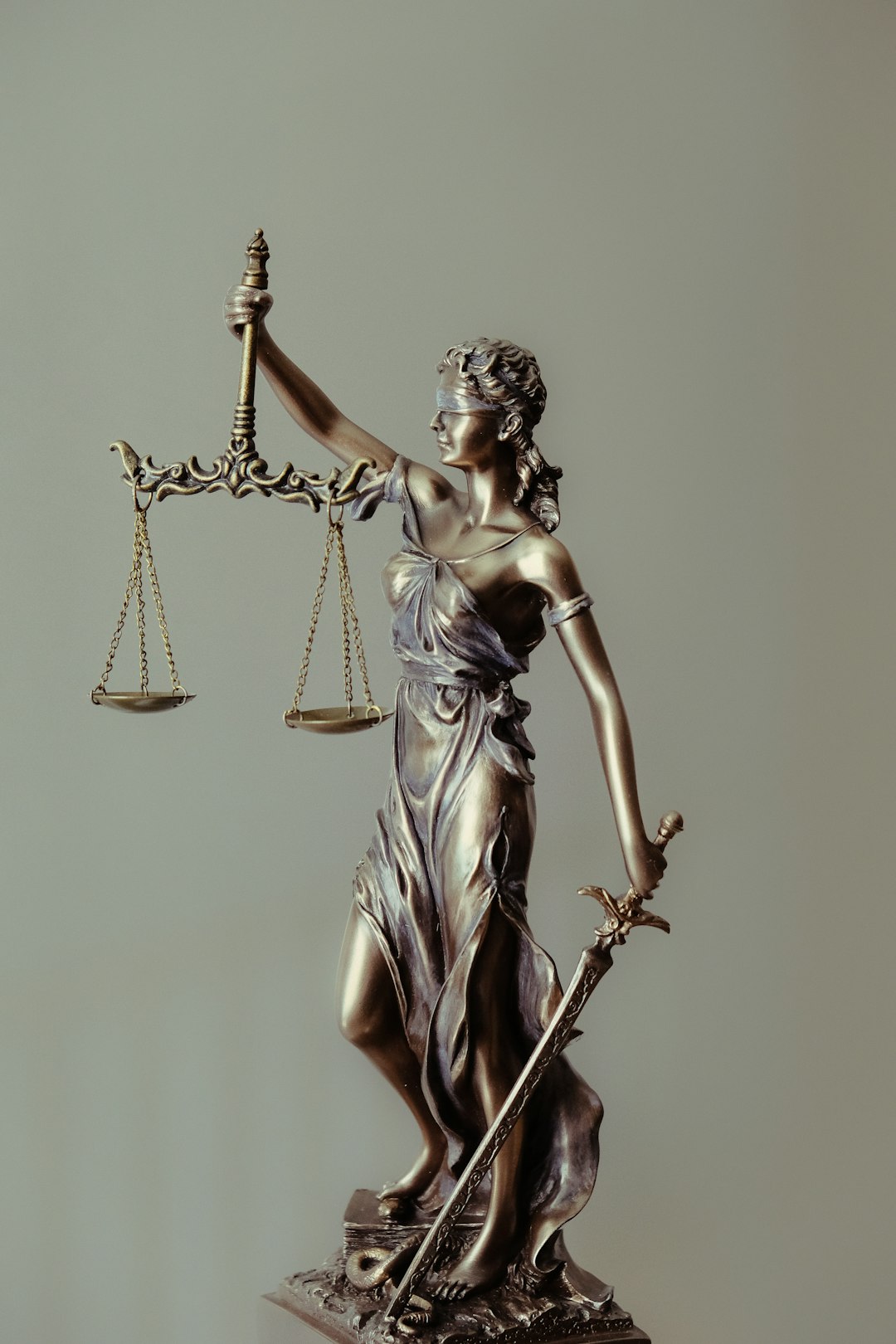
Sexual abuse in daycares is a critical issue that requires meticulous attention and swift action, especially in cities like Pittsburgh, Pennsylvania. Understanding the dynamics of such incidents is paramount to ensuring the safety of young children entrusted to these facilities. Many parents turn to sexual abuse law firms in Pittsburgh PA for help when their child has been victimized within a daycare setting.
Pittsburgh, with its diverse communities and bustling neighborhoods, faces unique challenges when it comes to childcare oversight. Local sexual abuse law firms play a vital role in educating both parents and authorities about the signs of potential abuse, the importance of reporting suspicious activities, and the legal rights of victims. By raising awareness, these firms contribute to the city’s efforts to create a safer environment for children, fostering a culture of accountability among daycares.
Legal Frameworks for Accountability: Sexual Abuse Law
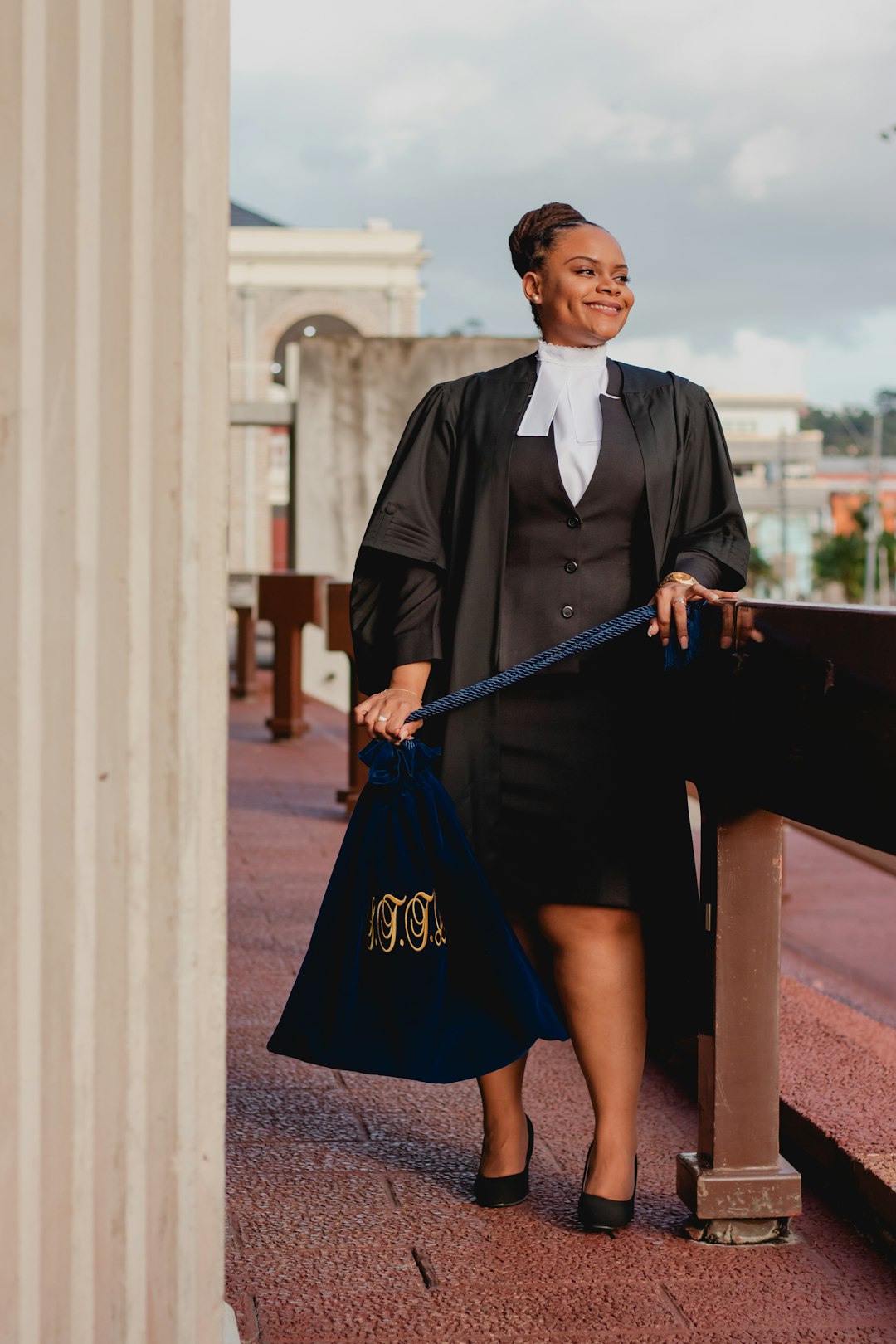
In Pittsburgh, as across the nation, legal frameworks are in place to hold daycares accountable for sexual abuse. The Sexual Abuse Law in Pennsylvania outlines strict guidelines and penalties for institutions that fail to protect children. This law not only criminalizes acts of sexual abuse but also mandates reporting requirements and specific protocols for handling allegations. It encourages families to take proactive measures by being vigilant about their child’s safety and engaging the services of reputable sexual abuse law firms Pittsburgh PA, which specialize in navigating these complex legal landscapes.
These legal frameworks empower parents and guardians to seek justice and compensation when their children are victims of sexual abuse within daycare settings. The law ensures that daycares maintain proper ratios of staff to children, conduct thorough background checks on employees, and implement robust safety measures. It also provides a clear path for victims to receive the support and resources they need while holding accountable those responsible for negligence or intentional harm.
Reporting and Investigation Processes in Pittsburgh

In Pittsburgh, reporting and investigation processes for sexual abuse within daycares are governed by strict laws aimed at protecting children. When a suspected incident occurs, parents or guardians should immediately report it to local law enforcement and the Pennsylvania Department of Human Services (DHS). The DHS has designated specialized units that handle child protective services, ensuring a thorough and impartial inquiry.
These investigations involve gathering evidence, interviewing witnesses, and examining records. Sexual abuse law firms in Pittsburgh PA often collaborate with authorities to navigate these complex procedures, providing legal guidance tailored to the unique challenges of such cases. The goal is to ensure justice for victims while upholding their rights within the framework set by Pennsylvania’s sexual abuse laws.
Role of Child Protection Services and Law Enforcement
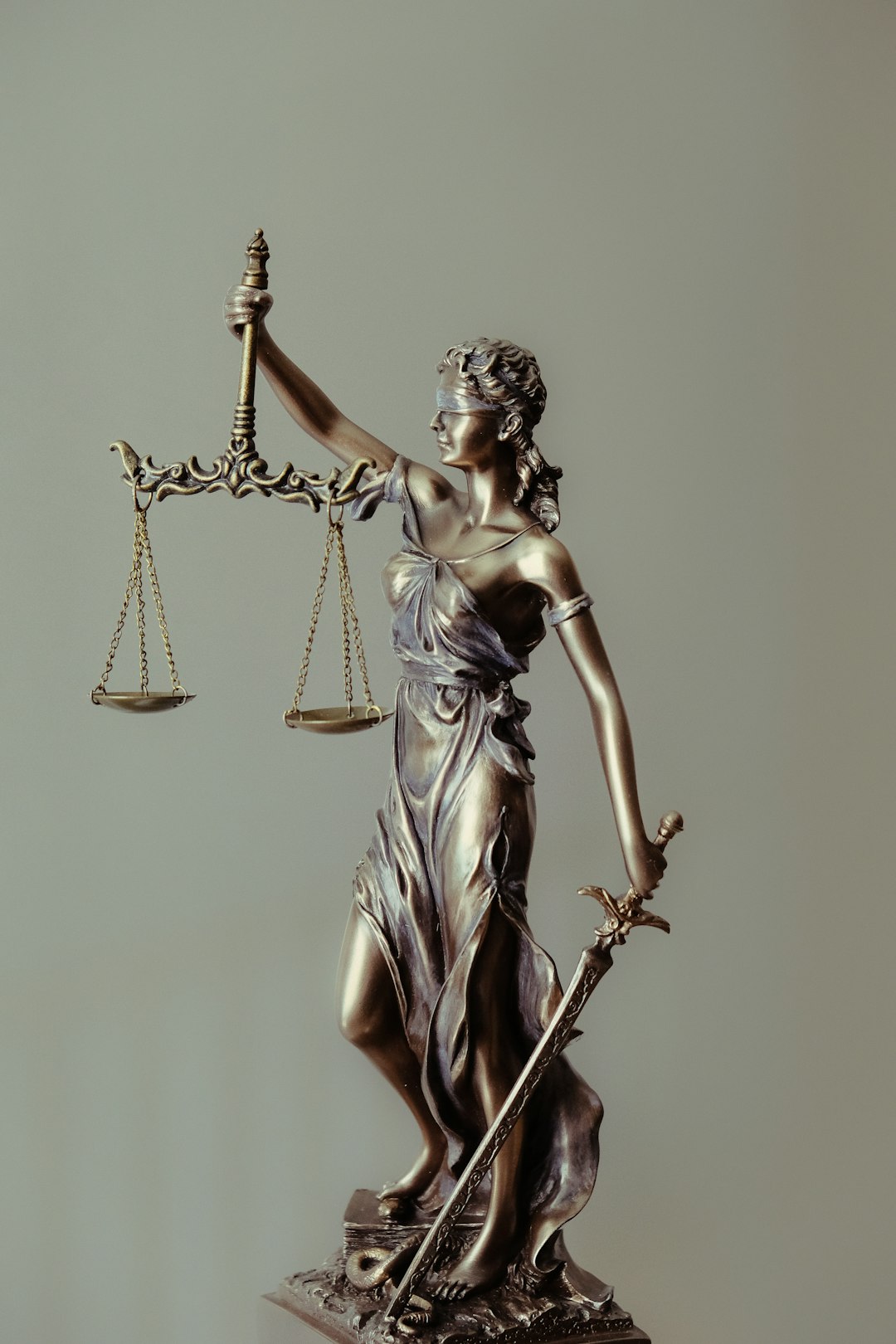
In the unfortunate event of sexual abuse, child protection services in Pittsburgh play a pivotal role in ensuring the safety and well-being of young victims. These services are equipped to handle sensitive cases and have the authority to investigate reports of sexual misconduct involving children. They work hand-in-hand with local law enforcement agencies, who are responsible for enforcing laws related to child sexual abuse and bringing perpetrators to justice.
The collaboration between these entities is crucial in building strong cases against accused abusers. Law enforcement officers conduct thorough investigations, gather evidence, and interview witnesses or victims while child protection services provide support and guidance throughout the process. Pittsburgh’s legal system also includes specialized sexual abuse law firms that focus on holding daycares and other institutions accountable for any instances of child sexual abuse, ensuring justice and closure for affected families.
Prevention Strategies: Safeguarding Children in Daycares
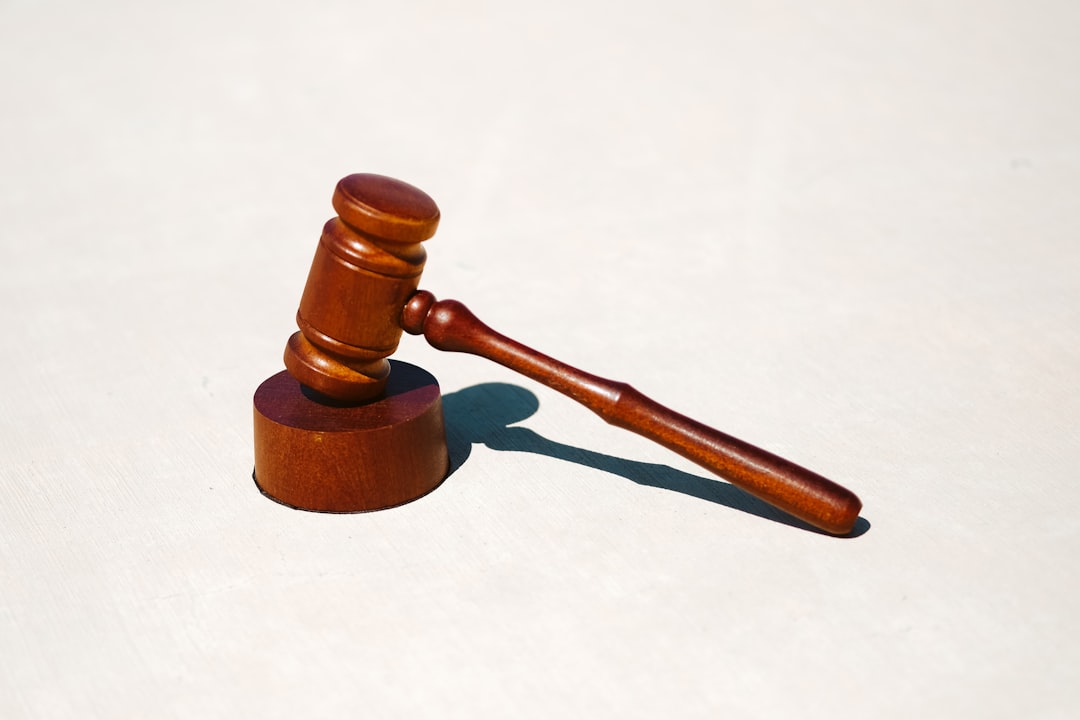
Daycares play a vital role in shaping children’s early experiences, making child safety their top priority. To prevent sexual abuse, daycares in Pittsburgh implement stringent measures that adhere to state and local regulations. These strategies include thorough background checks for employees, mandatory reporting of suspicious behaviors, and the creation of secure environments with limited access. Regular training sessions on recognizing signs of abuse and proper handling of sensitive situations are also conducted.
Additionally, open communication between caregivers, parents, and sexual abuse law firms Pittsburgh PA ensures a robust support system. Educating children about personal safety and consent through age-appropriate activities further empowers them. By combining these prevention strategies, daycares strive to foster a safe haven for children, minimizing potential risks and safeguarding their well-being.



